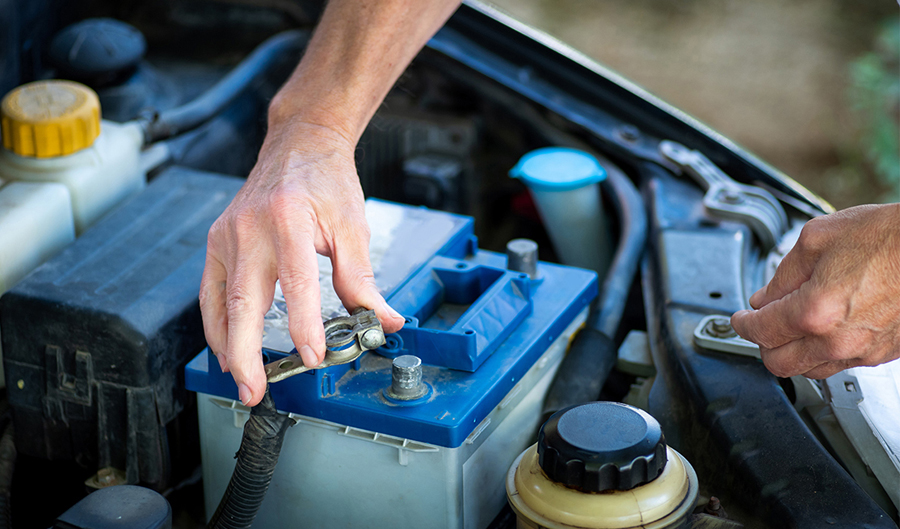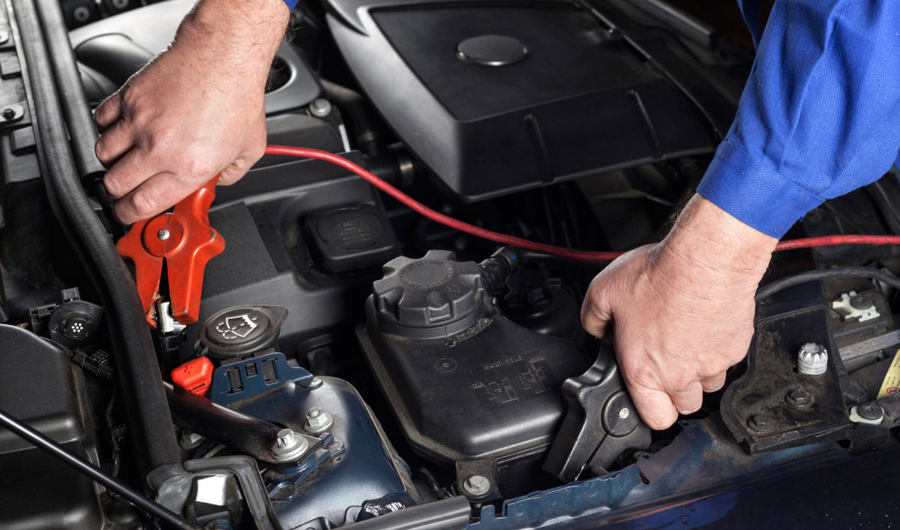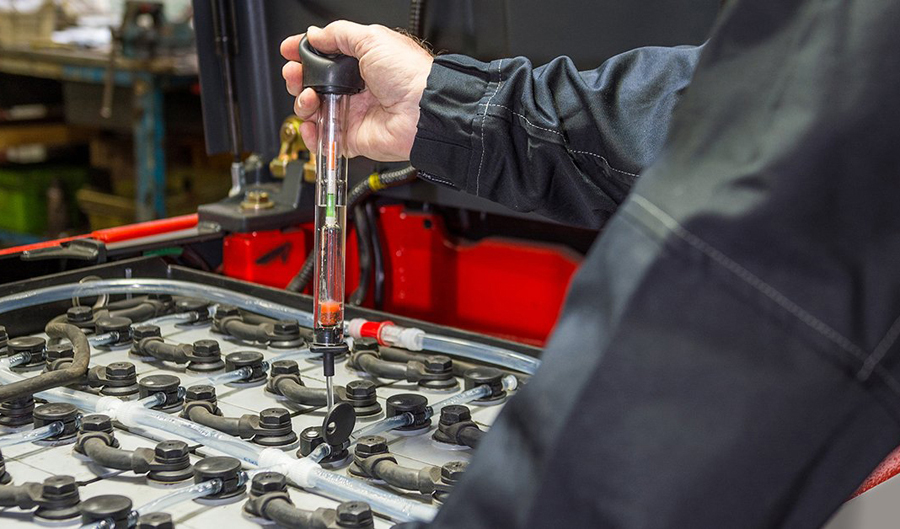You may always find a lead acid battery used in a car or truck. As a matter of fact, lead acid batteries have been around for over 100 years. For their stable performance and low economic cost, they are widely used in the starting and lighting of cars, motorcycles and other vehicles. They are also used as power source for various electric vehicles. In addition, to prevent power outages, they are also widely used in communication and computer systems as backup power. Lead acid batteries have stood the test of time. Although new types of batteries, such as lithium-ion batteries, have come to being in recent years. The solid position of lead acid batteries has not been affected too much. Most of the batteries used in cars today are still lead acid batteries.
Of course, lead acid batteries are not without any drawbacks. About its disadvantages, the most talked about should be the routine maintenance aspect. If used and maintained properly, lead acid batteries can provide long-term stability. However, some improper operation of the battery will affect the performance of the lead acid battery, or even lead to premature obsolescence of the battery. In our daily life, a very common mistake is to overcharge the battery. Next, let’s look at the problems of batteries if they have been overcharged.

Harms of Battery Overcharging
Lead acid batteries use dilute sulfuric acid as the electrolyte. When the battery is overcharged, the heat generated causes the electrolyte to heat up, producing hydrogen and oxygen. At the same time, it makes the surface of the battery very hot to touch. For flooded lead acid batteries, the high temperature caused by overcharging will accelerate the evaporation of the electrolyte, exposing the battery plate to the air. If the electrolyte is not added in time, it will lead to the reduction of battery capacity and plate vulcanization. In the case of sealed lead acid batteries, hydrogen and oxygen generated by the high temperature will accumulate inside the battery. The concentration of hydrogen and oxygen requires only a small spark to cause the battery to explode. Therefore, if the battery is occasionally overcharged, its life will be shortened to some extent. If the battery is overcharged for a long period of time, it can become totally useless and even dangerous.
What exactly causes the battery to be overcharged? Let’s take a look at the common causes of battery overcharging.
Causes of Battery Overcharging
Batteries are overcharged because we neglect the charging time sometimes. We should unplug the charger as soon as the battery is fully charged. In addition, there are other factors that can lead to battery overcharging. For example, when a car battery is charged, there will be a regulator to regulate the current input. So, a faulty charging regulator can also cause the battery to be overcharged. Another important reason is that the charger itself has defects. If the charger is not properly regulated, the battery can easily be overcharged. In addition, many chargers don’t have an overcharge protection feature that prevents them from turning off when the battery is fully charged. This might also cause the battery to be overcharged.
Now that we know the dangers and causes of battery overcharging, can we detect and prevent them from happening in our daily lives? The answer is yes. If the battery near you shows the following signs, it is likely that it has been overcharged.

Signs of Battery Overcharging
If a lead acid battery is overcharged, it usually behaves as follows:
- The battery is inflated or leaking. If a battery is overcharged, it produces hydrogen, and the shell of the battery can swell and deform as the hydrogen accumulates. This deformation often leads to leakage of the electrolyte. As a result, just from the appearance of a battery, we can sometimes tell if it is overcharged.
- Abnormal heat increase in battery. Batteries produce a certain amount of heat during normal charging. But if the battery generates an abnormally high amount of heat while charging, it will be needed to check to see if it is overcharged.
- Continuously low electrolyte levels. The high temperature caused by overcharging will accelerate the evaporation of the electrolyte. Therefore, if the battery electrolyte level is found to be consistently low, it is likely that the battery has been overcharged.
Solutions
Through the above introduction, we understand that there are many reasons for batteries to be overcharged. Therefore, to solve the problem of battery overcharge, the solution is also various. We should control the charging time and unplug the charger in time after the battery is fully charged. To ensure the stable performance of battery, you should also check the battery electrolyte level regularly. In addition, choosing a charger with good quality and overcharge protection is also a good solution.

